
Celebrating Europe's Native Species for World Wildlife Day!
Wild animals play a crucial role in maintaining healthy ecosystems. It is important we remember that protecting them benefits us all.
Wildlife and biodiversity are often thought of as something separate from society and our day to day lives. However, wildlife is directly linked to our way of life. While most people know that wild animals play an important role within our ecosystems, the extent to which we (humans) are dependent on them remains obscured by our human-centric way of living.
Ecosystem services are benefits provided by nature which have a direct or indirect impact on human life. Some services include clean air, water, and food production. For instance, the activities of predators and parasites in ecosystems help control populations of potential pest and disease vector. Specific wild animals also play a crucial role.
Elephants are a common example of an umbrella species and ecosystem engineer. An umbrella species is known for having a significant impact on the environment and acting as an ecosystem engineer, changing the physical environment and maintaining habitats for a vast number of species. They also ensure resource availability, such as water, for other animals.
Our native species in Europe play a similar role. Wolves, as top predators, ensure the delicate balance of nature is maintained. Through predation, wolves control populations of their prey thereby reducing grazing pressure and allowing forest biomes and flora to regenerate at a normal rate.
Bears are known for helping to maintain the ecosystem by spreading seeds in droppings. Amazingly, it is estimated bears disperse more than 200,000 seeds an hour per square kilometre! They are also vital to maintaining a balanced population between species through predation. Like with wolves, this predation helps prevent the overeating of vegetation by animals such as deer.
When these animals are taken from their environment due to threats such as excessive hunting, there is a negative impact on the entire ecosystem. The European Union has taken great steps to protect its native habitat through both international and domestic policies. But many of our native key species still require greater protection. It is important we remember that protecting wildlife benefits us all.
To celebrate European wildlife, we’ve decided to highlight various species and share unique information that shows just how special these animals are and why we work daily to protect them. We hope you enjoy learning more about our local wildlife as much as we have.
Europe's wildlife
Facts you probably didn't know about these special animals
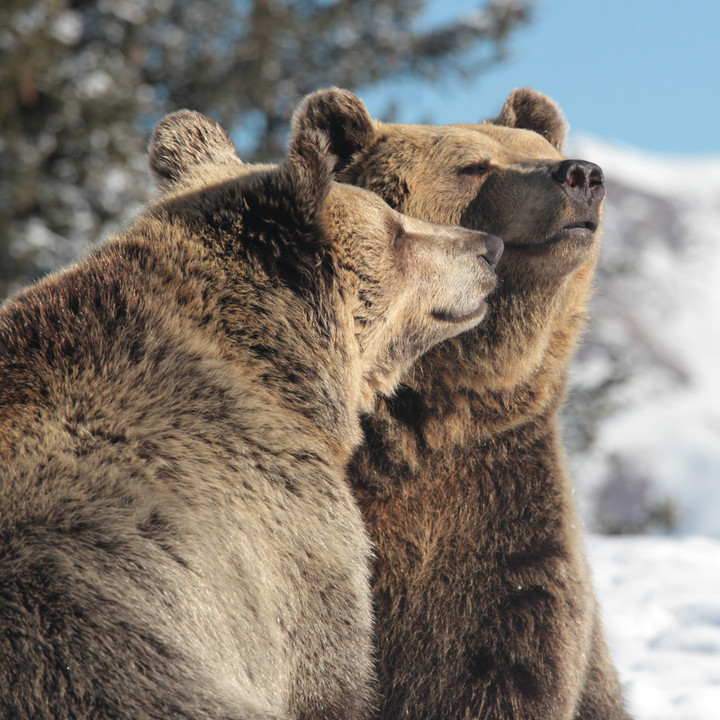
BROWN BEAR
They are incredibly intelligent and excellent problem solvers.
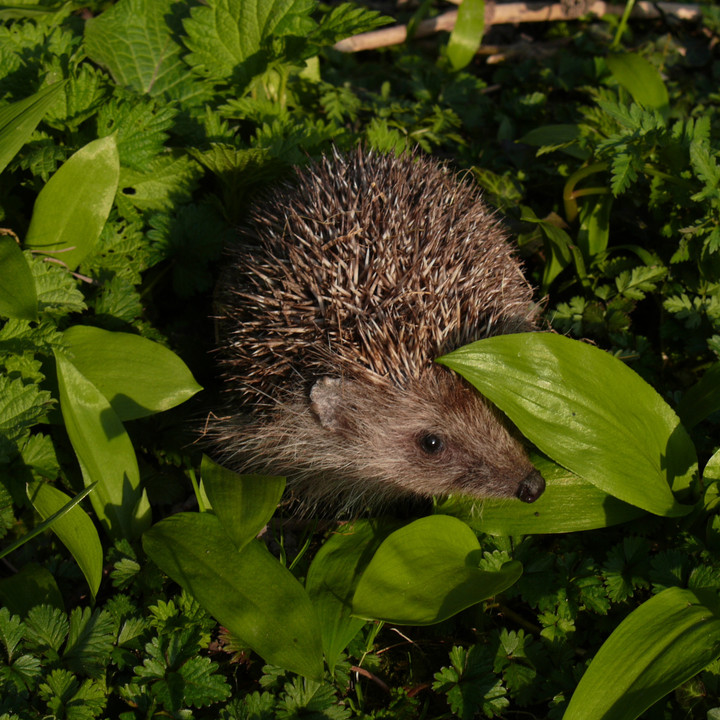
HEDGEHOG
They also have poor eyesight and mostly navigate the world through their smell and hearing.
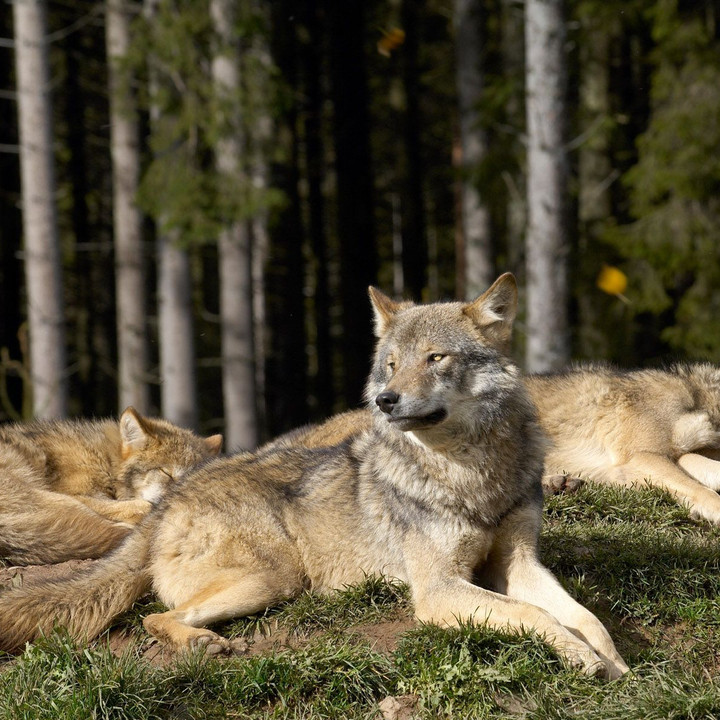
WOLF
They also have over 200 scent cells and can hear up to 9km away!
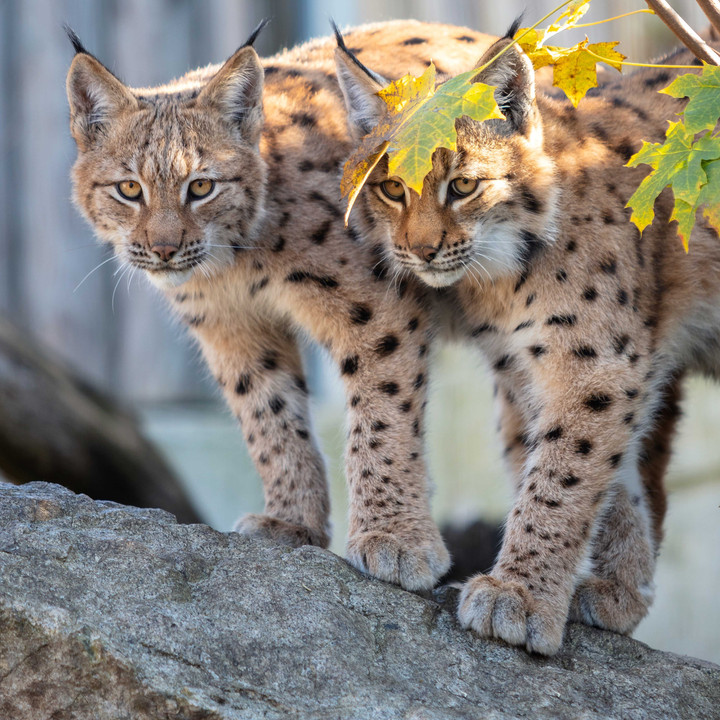
EURASIAN LYNX
The Balkan lynx is a sub-species of the Eurasian lynx and is one of the rarest cats on earth.
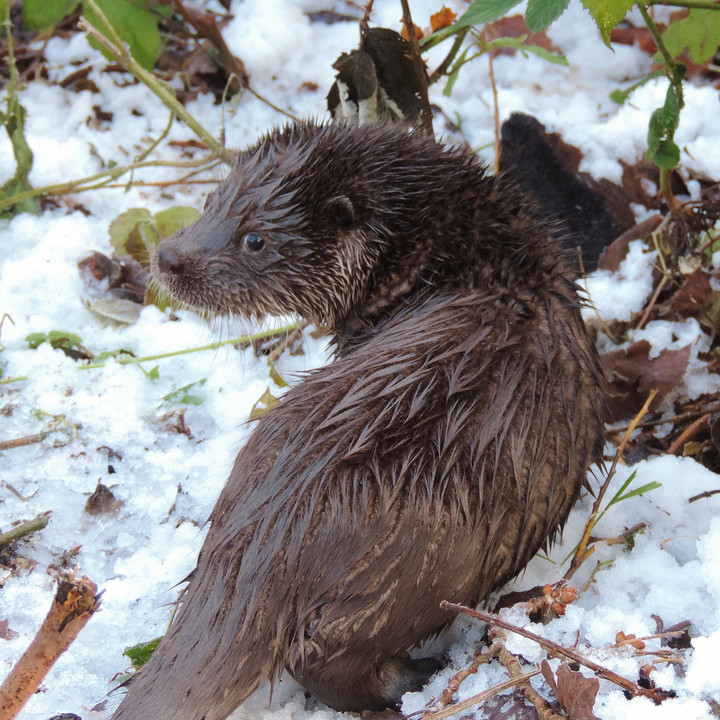
EUROPEAN OTTER
They are one of the few animals that use tools, often rocks to hammer and break open hard-shelled prey.
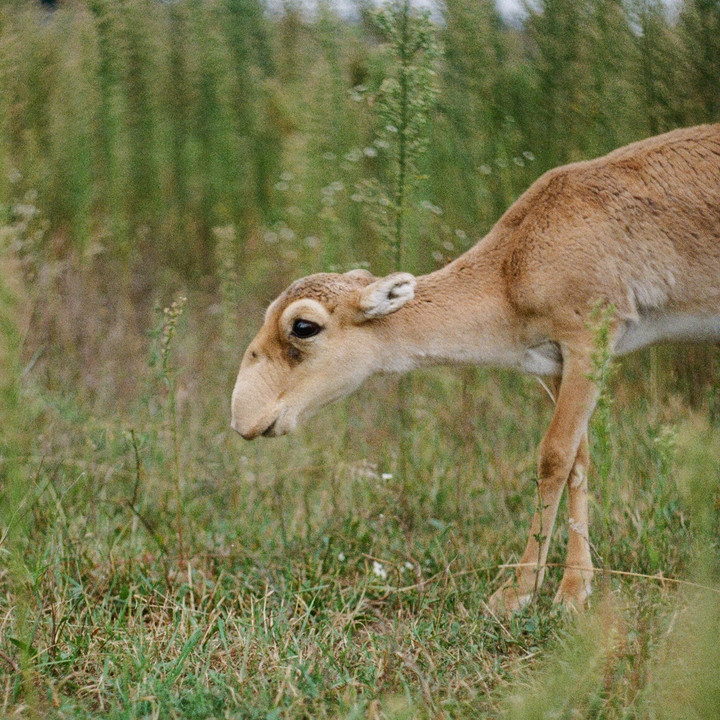
SAIGA ANTELOPE
Once a common species, there has been a 95% decline, making it one of the fastest on record .

